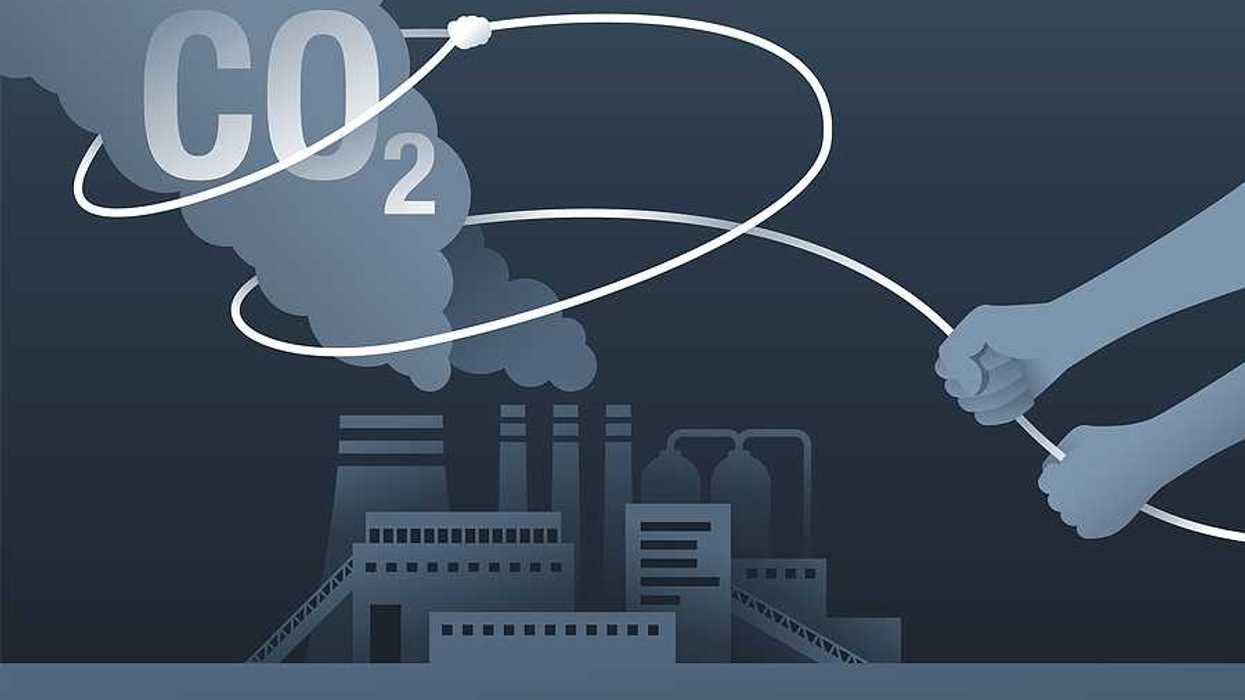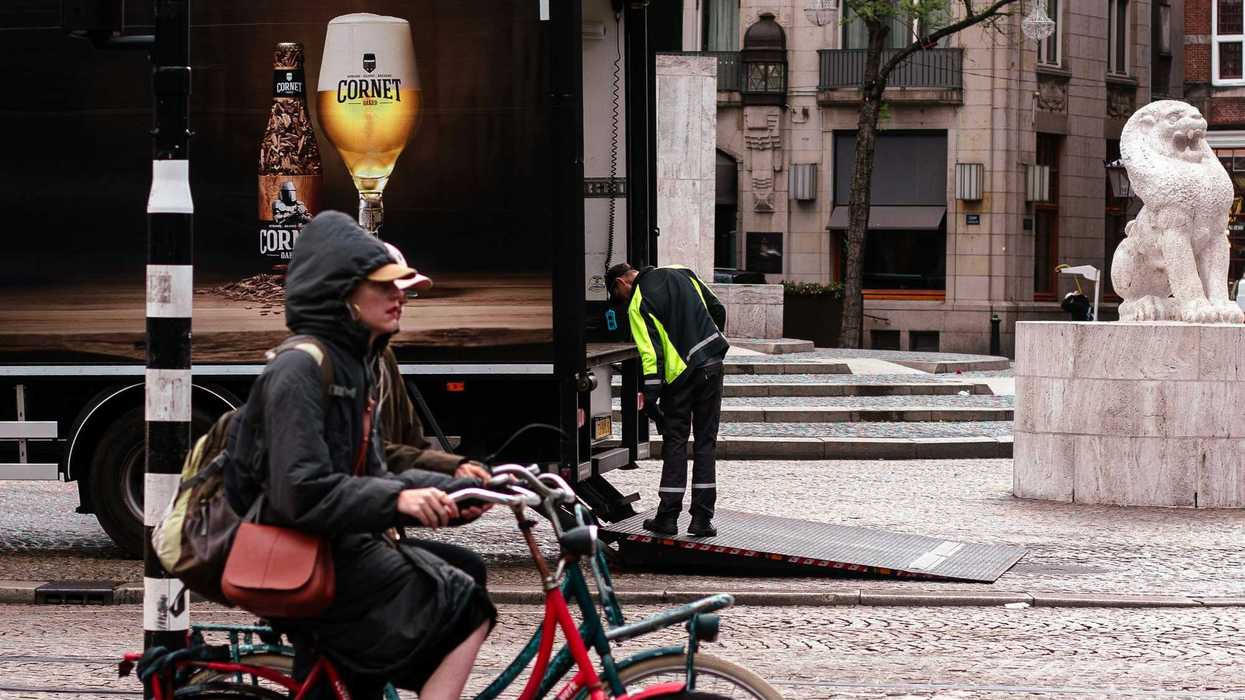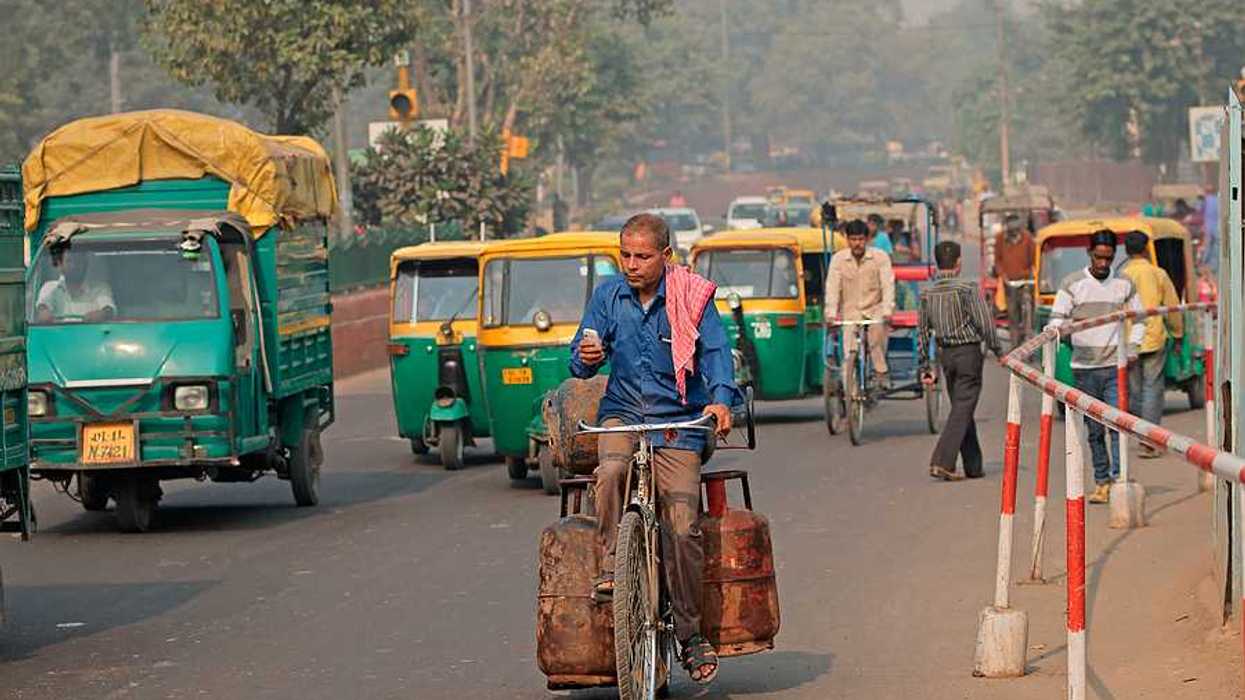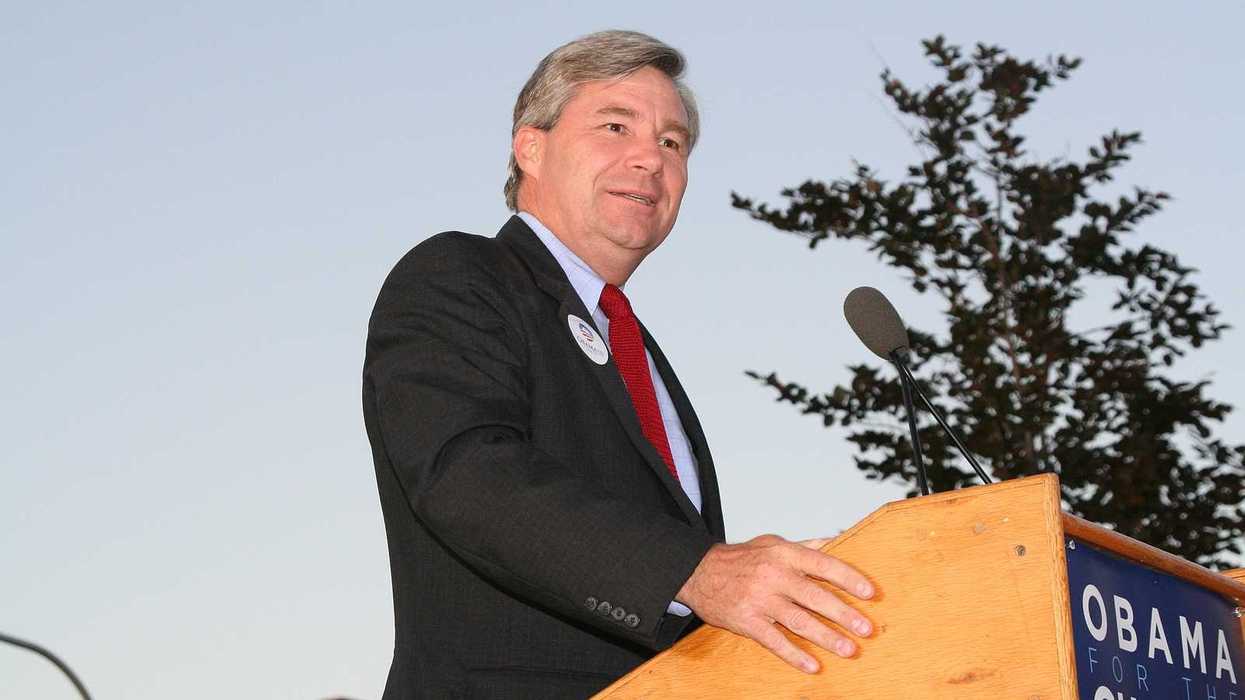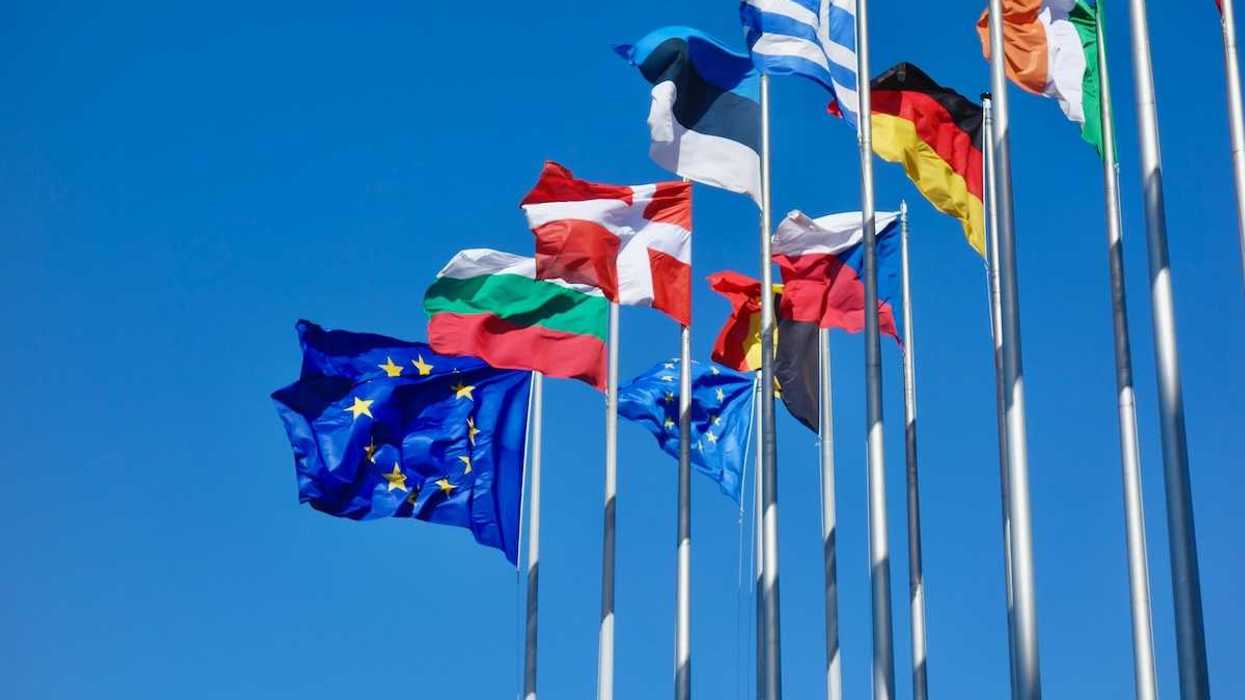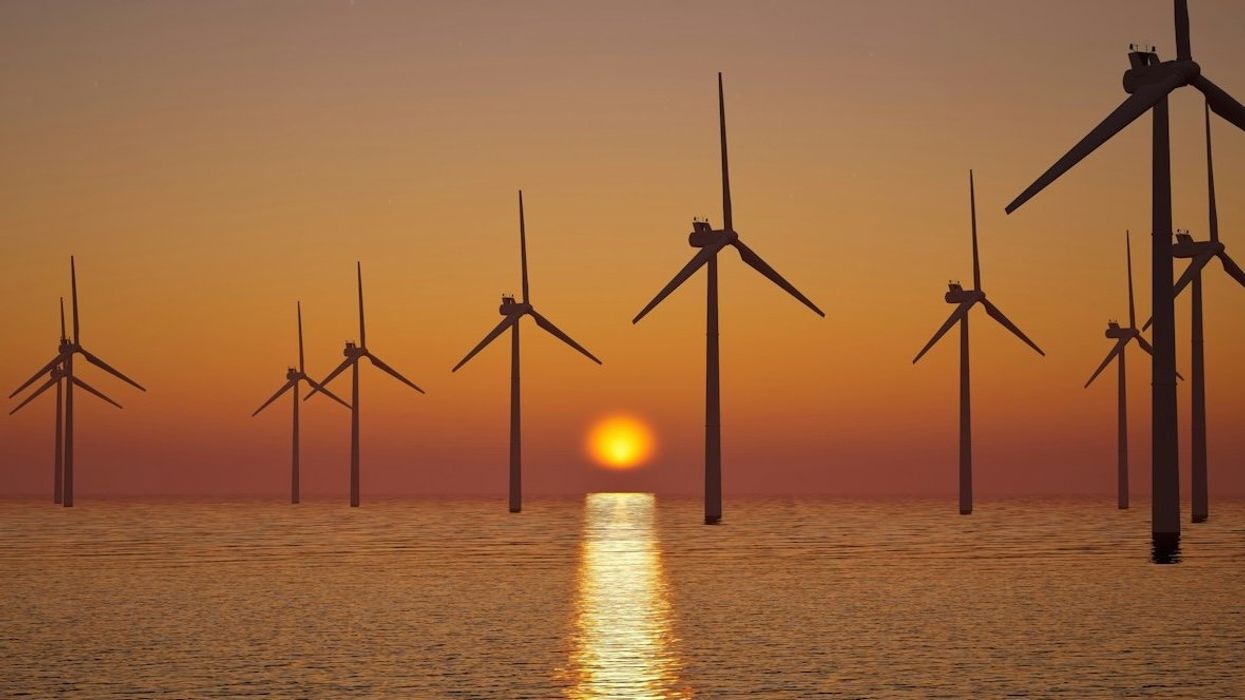Experts in biodiversity and extinction are gathering at the Vatican this week to discuss biological extinction—and how to save the natural world on which we all depend.
The conference focuses on the alarming signs, from various branches of science, that we are outstripping out planet's ability to sustain us. It follows on Pope Francis' 2015 encyclical, Laudato Si, calling for better care and concern for "our Common Home," as well as an Intergovernmental Panel on Climate Change report suggesting we are on a course to destroy up to 40 percent of biodiversity on Earth by century's end.
"The driving force of extinction, the ultimate cause of the current sixth mass extinction crisis is much too high a level of aggregate consumption."The conference is co-sponsored by the Pontifical Academy of Science and the Pontifical Academy of Social Science.
"Our desire for enhanced consumption grows more rapidly than our population, and Earth cannot sustain it," the sponsors say. "Nothing less than a reordering of our priorities based on a moral revolution can succeed in maintaining the world in such a way as to resemble the conditions we have enjoyed here."
Among those presenting during the three day conference are Partha Dasgupta of Cambridge University and Paul Ehrlich of Stanford University, who make the case that we are experiencing the sixth mass extinction of plant and animal life the globe has seen—with considerable consequences for humanity.
The authors have given EHN permission to post a draft of their paper online. You can download it here.
"In sum, the driving force of extinction, the ultimate cause of the current sixth mass extinction crisis is much too high a level of aggregate consumption – produced by human numbers multiplied by too high a level of consumption among the rich," they write. "But demand cannot exceed supply indefinitely."
"Translated into the language of equity, humanity's enormous success in recent decades is very likely to have been a down payment for future failure."



